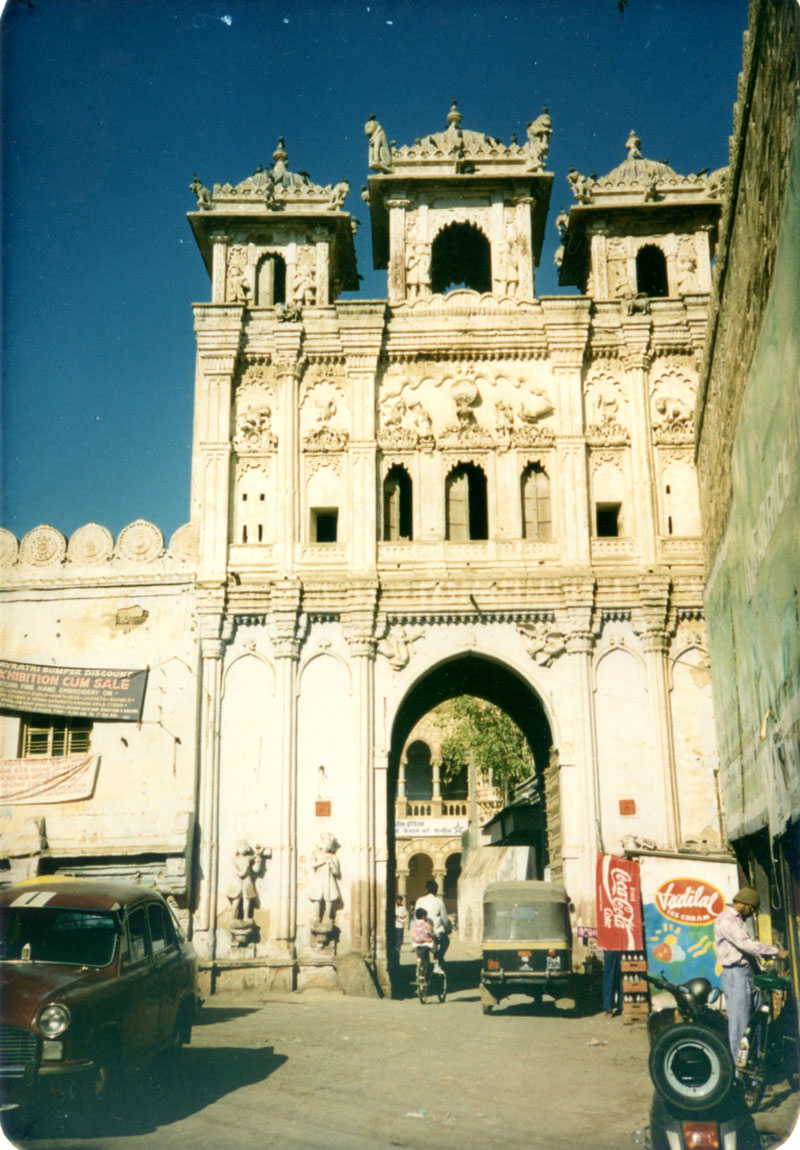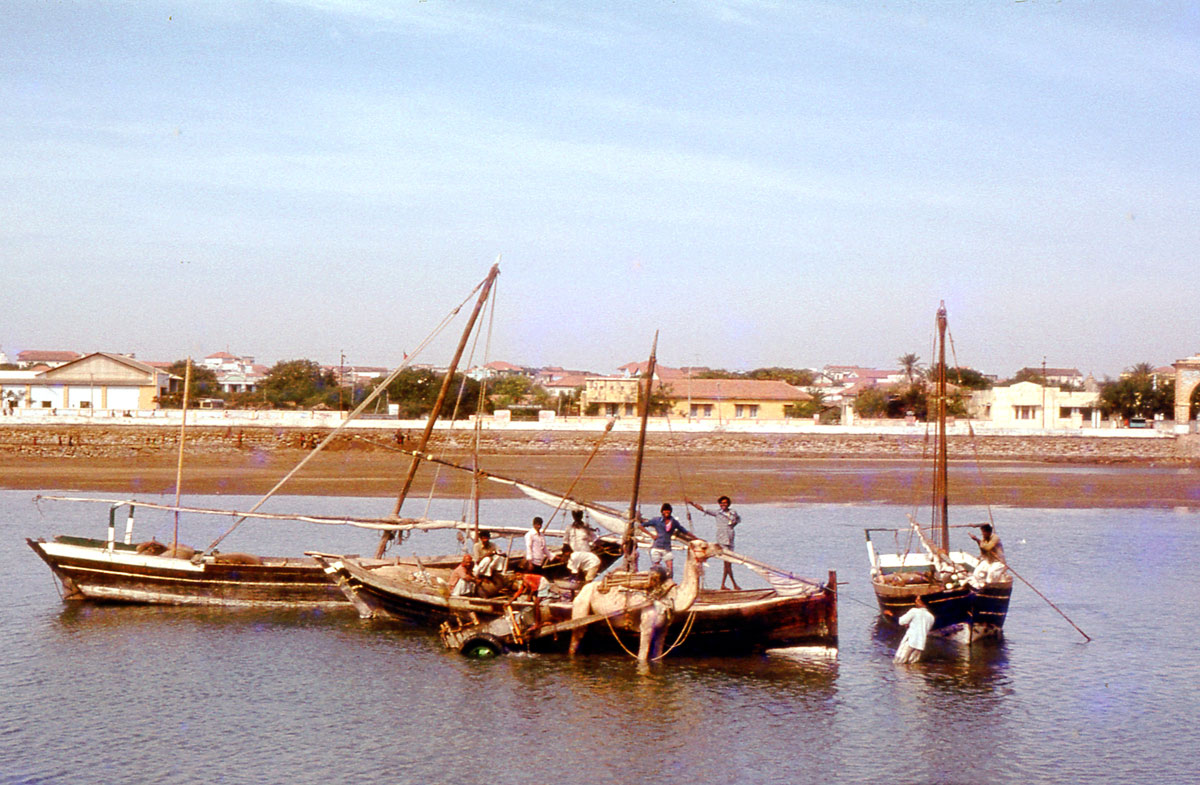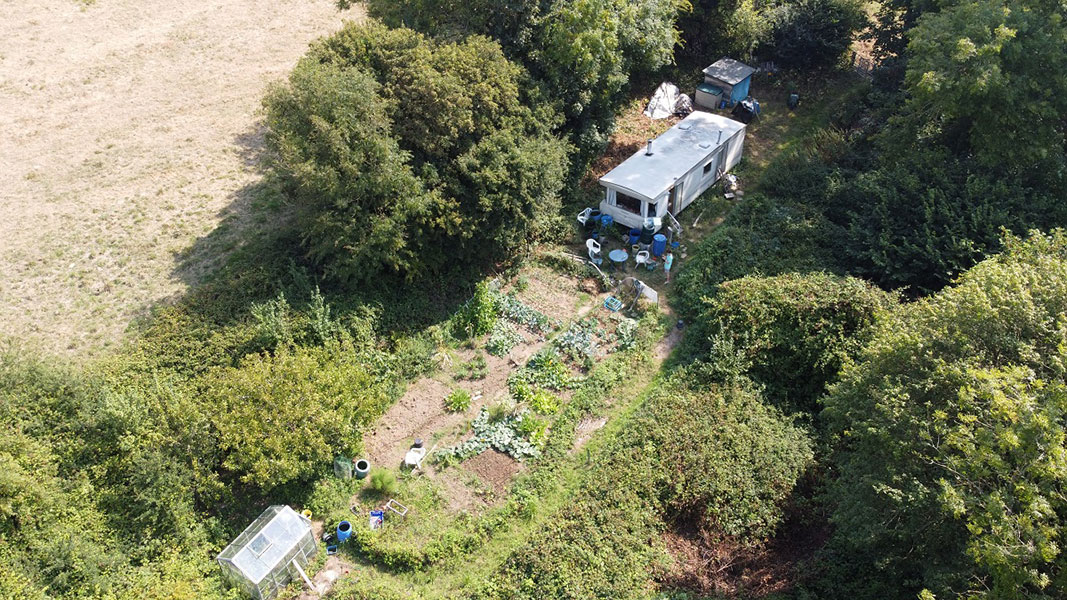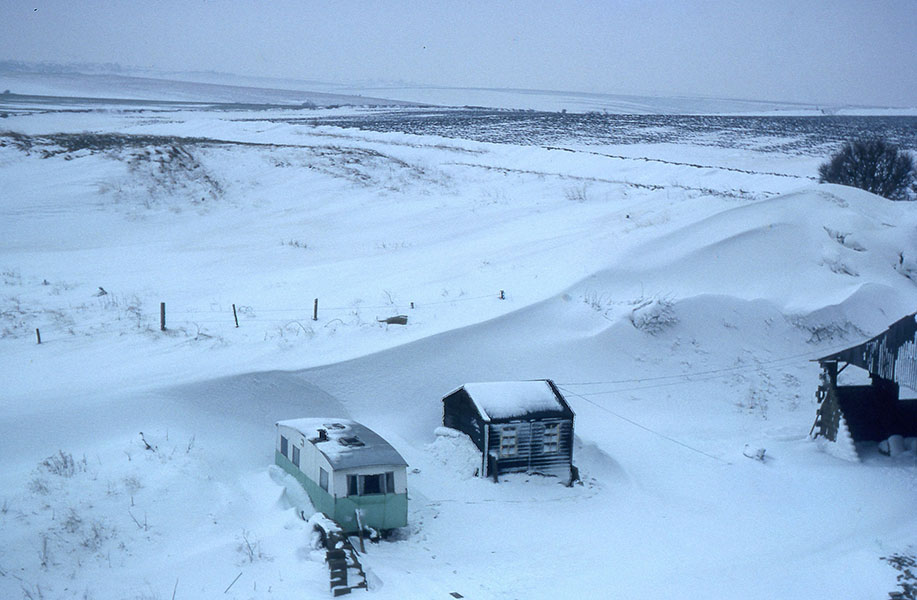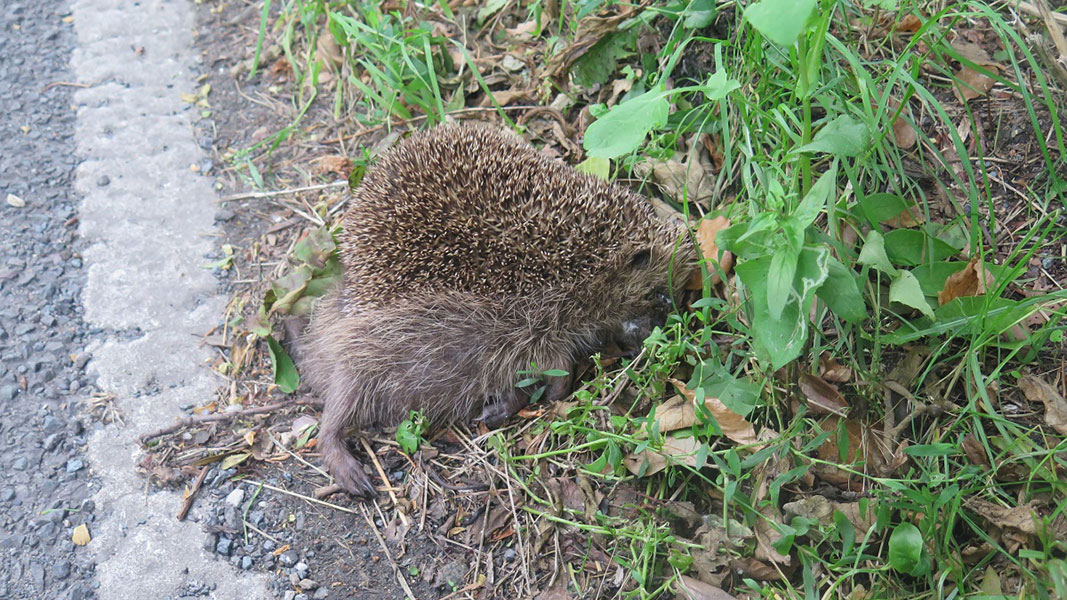39. Seeking Seaside
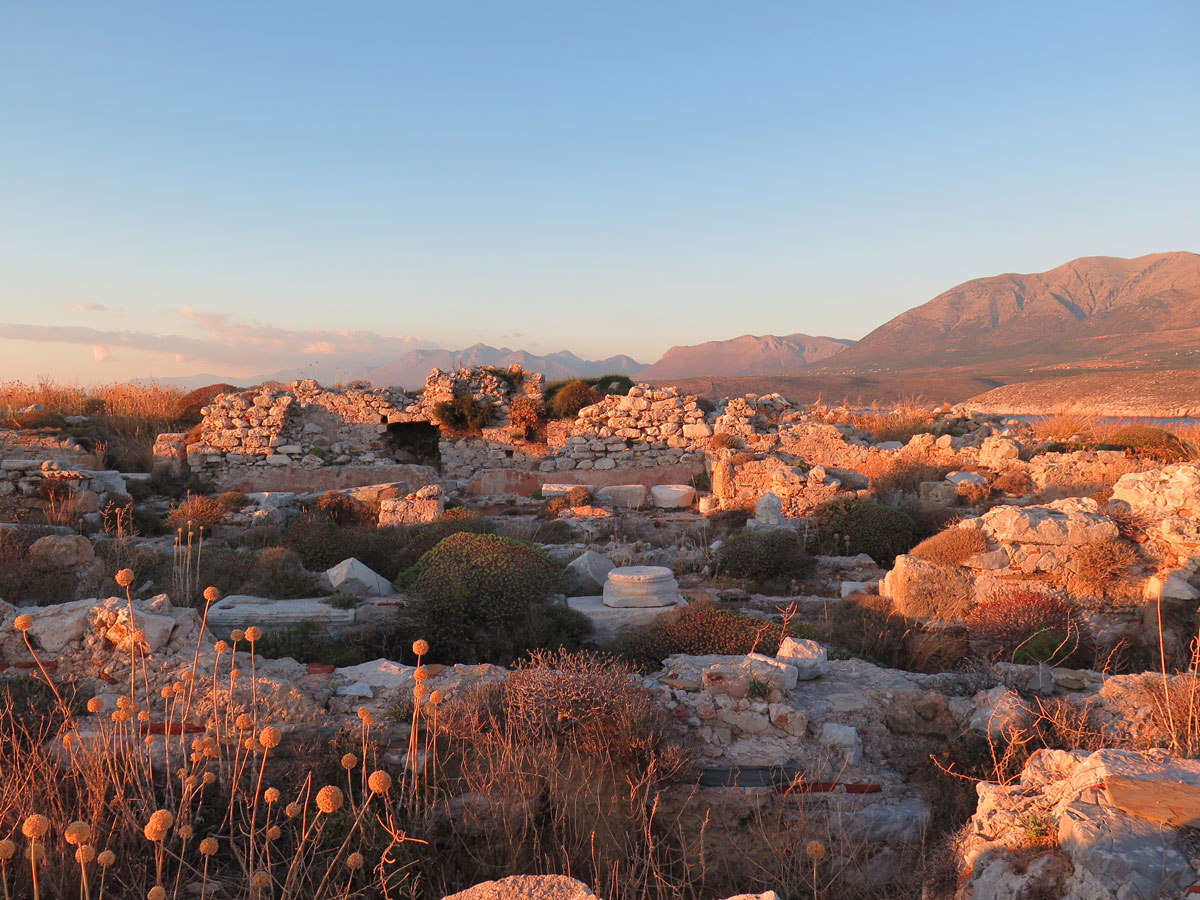
38. Mani 3 – Ghosts And Jackals
January 14, 2021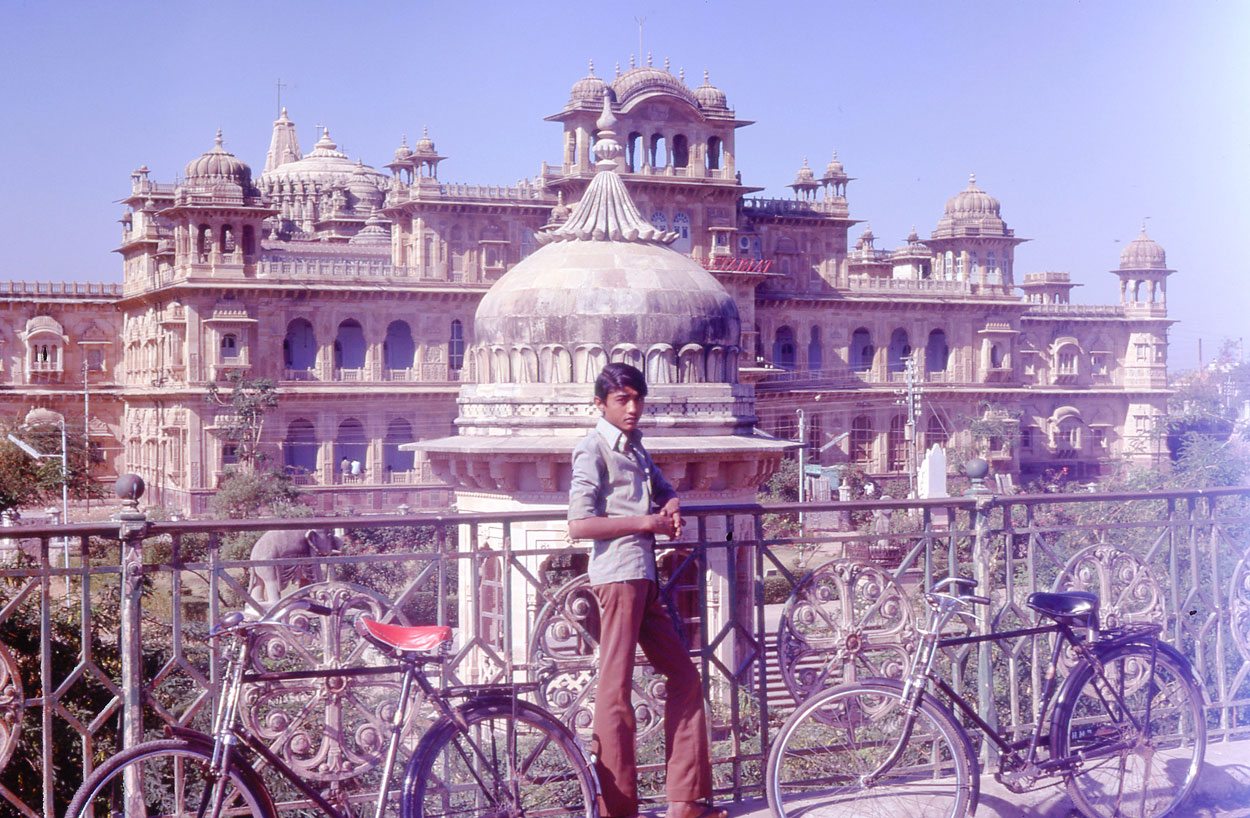
40. Cycling From Kutch To Diu
January 28, 2021T he downside of settling in Churu was its distance from the coast. Born on a declining island incapable of developing close ties with its neighbouring mainland I cherish only the geographical feature of insularity – a longing for sea. Home has always been less than 2km from it; swimming, boating, fishing were part of my birthright. Where was there an interesting, attractive coastal region reasonably close to Shekhawati? Maps offered two possibilities: Kutch and Diu. In November 1975, after visiting Abu's wonderful 11th century carved-marble Jain temples and with a few weeks to spare, I took a passenger train to Bhuj, Kutch district's headquarters.
Realising that the train would cross the Rann, the surrounding salt flats, in darkness, I got down beforehand at a little halt lit by paraffin lamps and slept in the waiting room, sharing it with a self-important man who snored hideously and two policemen, one of whom coughed equally loudly. Crouching under a starlit sky beside a peasant's fire as dawn broke, a train's headlight appeared far off. It pulled in empty. As we crossed the Rann a misshapen sun rose from its flatness while great skeins of wintering cranes flew low over the train, circling in the first sunlight.
At the next station a group of women boarded, each carrying embroidered mirrorwork bags, their own traditional work. Even the soldier sitting opposite had a peacock worked onto his shoulder-bag. The cranes disappeared with advancing morning and soon after midday we rounded the hilltop Bhujiya fort to pull in to Bhuj. Taking a tonga, I chose Jantaghar Lodge, a basic Jain place with good vegetarian food. On each return to Kutch, I stayed loyal to it.
Indira Gandhi's Emergency was in force; not far down the street a small group of saffron-clad Hindu nationalist Jan Sangh party protesters wearing saffron stoles and marigold garlands shouted 'Bharat Mata ki Jai' ('long live Mother India'). A small truck appeared; policemen herded them into the back and drove away. A young man asked for my identity, politely producing the identity card of a Junior Intelligence Officer along with a registration form. That became familiar: bordering hostile Pakistan, Kutch was sensitive.
Bhuj is a lively district town with a busy market where the military mingled with Kutchi folk in striking, often embroidered local garb. Flamingoes and pelicans fed in Hamirsar, the great reservoir at the town's heart. The Collector, seniormost local official, said India's only flamingo colony was near the frontier, out of bounds; anyhow, neither of us knew their breeding season.
With growing enthusiasm for Kutch, inspired to see more, I bought a secondhand bicycle and set off early towards the coast, tagging along beside two Muslim villagers. Smart red-capped black ibis flew over the dry, uneven landscape. A puncture struck just short of a tea house but the staff repaired it and added free tea. Further on another was also repaired free but I treated the guy to tea and sweets. After a third, it was a relief to enter walled Mandvi where a man led me to a Jain dharamshala.
It was low tide. On the estuary sand wooden vessels stood and lay, some in the midst of repair. One was being shortened and both bow and stern renewed, four months work. Under the ruling Maharao Mandvi had been a free port trading with Karachi, Arabia, Africa and the rest of India; Partition, the railway and the 1965 Indo-Pak war ruined trade. A tea house manager told how, as master of a vessel damaged by a storm while bound for Mozambique, he had drifted '100 days' before reaching Kerala. In 'Travels in Western India' James Tod, sailing from Mandvi in 1833, wrote of the port busy with traders and pilgrims of all lands. Quiet now, the diminished populace dreamed of its distinguished past.
Outside the western gate I went to the beach to swim then sat by a pool, watching uncircumcised terrapins rise and fall, emerald bee-eaters flitting over its surface. Muslim Bohras came, old men in traditional kaftans, small boys with pillbox caps. It was their special day. A Hindu shopkeeper invited me to his house. When a policeman called, he was asked to fetch drink, an incident tactfully absent from my diary. Then as now, Prohibition in Gujarat kept corruption thriving.
Another puncture, the mechanic promised also to cure a wobbling sprocket. Later, when I found the sprocket still loose, he said 'It will work!' It did. So I left towards Mundra, once another port but now high and dry. The road was hard work, dipping and rising to accommodate frequent seasonal rivers, a long stretch of it unmetalled. The main traffic was carts drawn by great-horned bullocks; flocks of rosy pastors burst from roadside bushes.
After a night in Mundra's rest house a friendly policeman provided a Gujarati breakfast of gathiya and jelabis then, donning Gandhi caps, together we visited a saint's shrine decorated with great mirrors, chandeliers and hanging silver balls. Back on the road, a cycling sweet-seller irritatingly tailed me into a head-wind until I stopped, forcing him to pass.
Two more punctures; it was an hour before a bus came to drop me in Anjar, a town colourful with printed, woven and tie-dyed cloth. There I bought a new inner tube. The rest house smelled of bed bugs but I was too exhausted to care and wrote 'I grow old! Is it that?' Almost fifty years ago, I still grow old. A man sharing the room proved good company and, after another gathiya and jelabi breakfast, suggested I relax and leave after lunch. Wise advice; feeling fresh, I passed through Bhachau as the landscape became ever wetter. At six, sunset, I cycled with the flow of farming folk returning from the fields, the men wearing tight little cotton jackets flared out below the chest, the women in colourful embroidered bodices bearing a couple of brass or terracotta pots on their heads. A friendly Enfield towed me the last 3 km into Samarkhiyali, the edge of Kutch.

